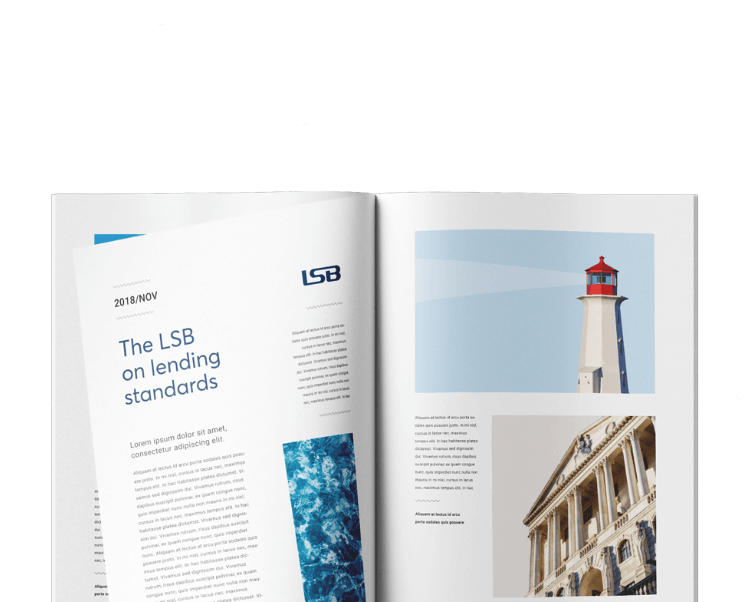No one thinks of regulators as great innovators. Indeed, regulation and innovation can be uneasy bedfellows. But in fact regulation must be ready to embrace innovation.
Regulators – including quasi-regulators like the Lending Standards Board – exist to ensure that markets work well for consumers. This is especially true of markets which are natural monopolies, like many utilities, or markets marked by complexity in which providers enjoy big information advantages over consumers.
Financial services are very much in the latter category.
In these markets, regulators set conduct rules to limit the market power in natural monopolies or to ensure transparency and fair dealing for consumers faced with complex and often poorly understood products and risks.
Innovation can, of course, introduce new risks for consumers. Major market reforms, like the liberalisation of retirement savings, expose consumers to choices they are not always well-equipped to make. New products can contain hidden costs and vulnerabilities: think here mini-bonds or so-called death bonds.
So regulators need to be well up with the curve of innovation foreseeing emerging risks and identifying the potential harm of new products.
But regulators’ relationship with innovation should not simply be reactive.
Regulators can also be innovators themselves or enable innovation to secure better outcomes for consumers.
Let me give some examples of how the Lending Standards Board has done both these things.
Our Standards of Lending Practice for business customers are a great example of LSB as innovator.
Small businesses – SMEs – are themselves a source of innovation and growth in the UK economy. But most small businesses are not financial experts. They do, though, need to borrow in order to invest, to grow and to expand employment.
Until the launch of LSB’s Standards in March 2017, lending to SMEs was, however, unregulated, sitting outside FCA’s regulatory perimeter and exposing small businesses to the risks of poorly understood products and of unresponsive treatment by lenders.
Enter LSB in partnership with the industry.
We began work on developing the business Standards in October 2016 through a series of workshops that included registered firms, challenger banks that were not registered with the LSB, trade associations and the British Business Bank. We consulted business trade bodies (Federation of Small Businesses, Institute of Directors, EEF) and the All Party Parliamentary Group on Fair Business Banking.
The resulting Standards of Lending Practice for business customers applied to loan, overdraft, credit card and chargecard products provided to businesses which have a turnover of up to £6.5m. Commercial mortgages have subsequently come under the business Standards.
And from this November the scope of the Standards – and hence the greater consistency of treatment they promote – expands further to include business customers up to a turnover of £25 million.
Additionally, with the agreement of Professor Russel Griggs and UK Finance, the LSB formally assumed responsibility for the oversight of the business lending appeals process on 1 April 2019.
So this is a great example of innovative regulation – fully supported by the industry itself – which will support the growth of the UK’s SME sector. It is striking that many of the signatories of LSB’s business Standards are also supporters of the new SME Finance Charter.
I’m pleased to say it is innovation that has also been recognised by LSB’s short-listing for a Credit Strategy Gamechanger award.
Regulators can also change the game in other ways too by promoting understanding of how innovation in the industry will affect consumers.
On this, why not listen to LSB’s Senior Insight Manager, Harry Hughes, in conversation with The ID Co’s CEO, James Varga in a recent podcast[1]? Their subject is the Future of Lending and, in particular, how banking data can be used to improve services and outcomes for consumers.
Now, I make no premature assumptions here about the future of open banking. Sharing data has risks as well as potential benefits for consumers.
But regulation – and LSB in particular – needs to be across these risks and opportunities, fostering understanding and ensuring that regulation facilitates the opportunities and manages the risk.
It’s about changing the game, but changing the game to improve outcomes for consumers.
Mark Neale









